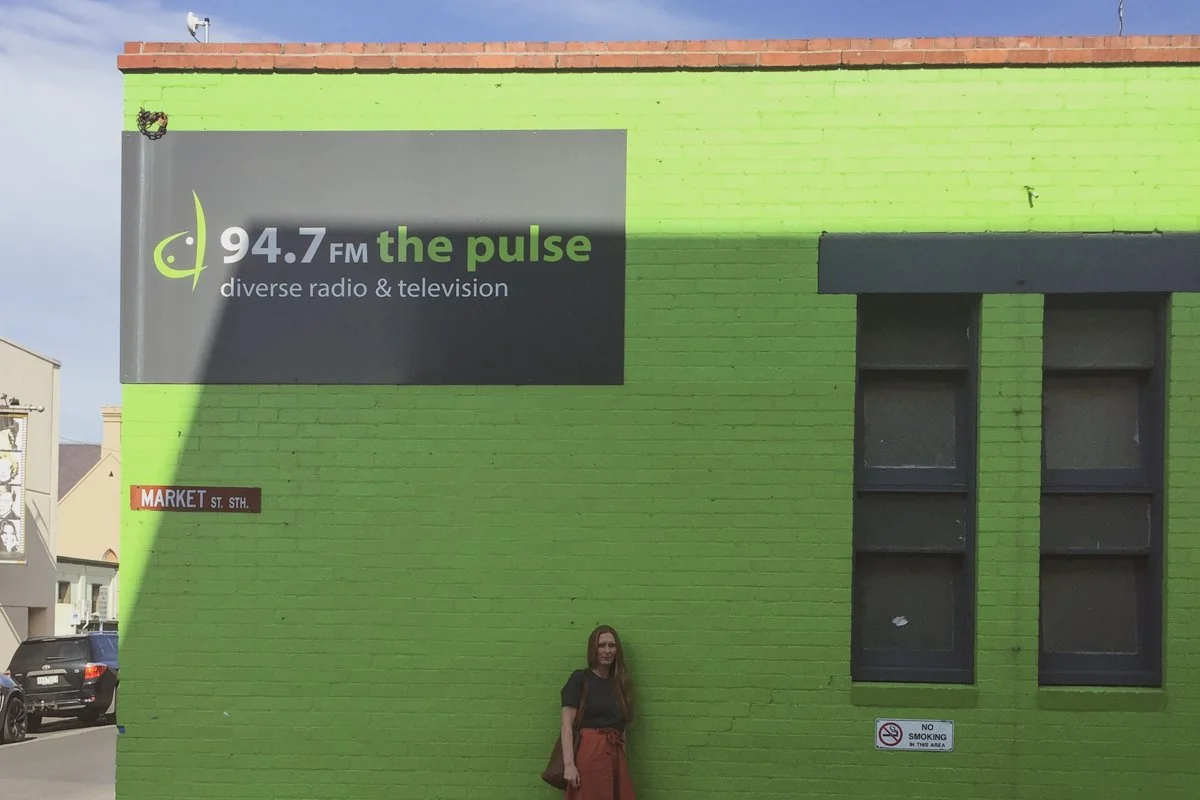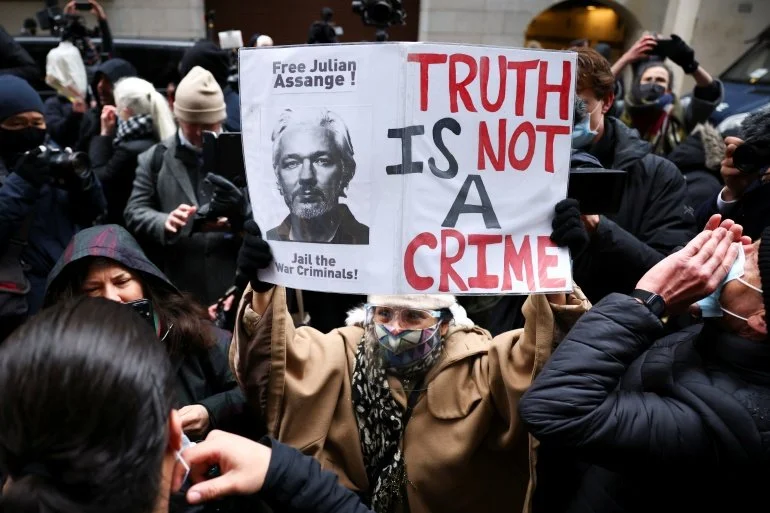
Messed Up Magazine
A recent addition to the Australian music industry, Camille Delaquise is the musical manifestation of poet Camille Barr. Shifting shores from the glorious beaches of Byron Bay to the world class surf of Torquay, Camille reflects her earthy landscape, digging into the whimsical waves of sound.

Forte Magazine - Camille Delaquise
Forte magazine recently did this little write up about me!

Green Left Weekly – Winter is near
Green left weekly published my poem Winter is near, from my new poetry book RISE.

…Because I was born a girl – Release
It is the challenging of a system that limits human potential and holds us all captive to a past system that is long overdue for change. I view the dismantling of this system as having as many benefits for men as women for that should be the point of equality. What this song is about then is bringing into the general consciousness the fact that our societies are still predominately organised within the *realm of a patriarchal system of doing things.

RTRFM Perth Radio
I recently had the pleasure of chatting with Emily Green from RTRFM in Perth about my poetry & music. Click here to have a listen.

Festival City Adelaide Radio Chat
I will be on the Festival City radio program at 2pm having a chat about my new single Blossoming again.

8ccc Radio - Chat
I will be having a chat with Andy from 8ccc Brekky Show Alice Springs & Tennant Creek

Pulse 947 Geelong
I had the pleasure of talking with Kylie and Chris on KickArts 947 the pulse in Geelong about my music and poetry.

3cr Melbourne - Camille Delaquise
I will be on Melbourne radio station 3cr this morning talking about my new book RISE with Brendan Bonsack tune in to listen.

Beat Magazine - Camille Barr
Thanks to Beat Magazine for this little write up.

A little gypsy song – release
A little about this song, it came about as I was writing my second book of poetry and decided to turn some of my poems into lyrics (a natural enough progression) The music came to be as I dared to explore a hidden desire. The production by Sefi Carmel came as a dream, one that even my wild imagination could not of conjured up. But here it is A little gypsy song, Where poetry became music and music gave me the freedom to dream.

The catalyst for a weak economy
Consequences of devaluing our welfare system. There are far reaching ramifications to the economy by keeping “Newstart” at unbearably low levels. Firstly, we must note that this monstrous assault on the unemployed together with, the economy at large began in 1994.

Poem: About that bird that sings
Green left weekly recently published by poem About that bird that sings, which I dedicate to all the whistle-blowers who have given up so much for our freedom.

Green Left Weekly – Watch your language
Green Left weekly recently published this piece and poem I wrote after the election result in Australia. “ This election win for the Establishment is the expected result that comes from “manufacturing consent” through the use of propaganda in some covert media campaigns.

Julian Assange – Poetry: A battle over truth
Green left weekly recently published my piece & poem about Julian Assange. “This is a battle over truth and freedom of the press. But the debate has been shifted to focus solely on one man, because it is much easier to vilify a man than freedom and democracy. Freedom will be plucked from our hands if we debate it on the merits of one man…

Indaily – The beauty that is found
Indaily Adelaide’s independent news published my poem “The beauty that is found”

The best person for the job – a question of merit
Merit – claim to commendation; excellence; worth. Something that entitles to reward of commendation, a commendable quality, act, etc (Macquarie dictionary fifth edition). When the question of quotas are referenced to ensure the equal representation and opportunity of women in various industry departments it quickly turns into a discussion of merit. The question of merit is validated around the narrative of finding the best person for the job regardless of gender. This is then received more widely as the reasonable approach as we make it about the merit of the person regardless of gender, or so it is believed.

How a constitutional monarchy is a chain around democracy
In making this statement I believe language plays an important role in determining which direction would provide the most suitable structure for the Australia of the future. Which is what led me to first look up the dictionary definitions for Monarchy and Democracy because as the two current structural ideals of governance that Australia currently identifies with.

Why reading legislation isn’t boring
There is often talk about wanting to change the system or that a certain component within the system is broken and must be fixed. However, when you look at the original premise of a particular Act it may actually be sound in its objectives. Where it can go wrong is in the implementation or amendment stages. Also, if you are unaware of the legislation then it makes it easier for governments to disregard the intent of the objectives. As the majority always holds the balance of power, many distractions are employed to make sure they don’t take it upon themselves to be informed.

Inflation, Wage Stagnation & A Housing Crisis – Capitalism in full swing
Before anything else it is fundamental that we look at the nature of how inflation and deflation operate. Stay with me don’t hit the snooze button just yet, I will get there as painlessly as possible.
When someone is talking about inflation and deflation they are talking about the “exchange value of money” (Varoufakis 2017, 142), in reality this means “its relative abundance or scarcity” (Varoufakis 2017, 143) or in my understanding lots of money circulating or very little money circulating.